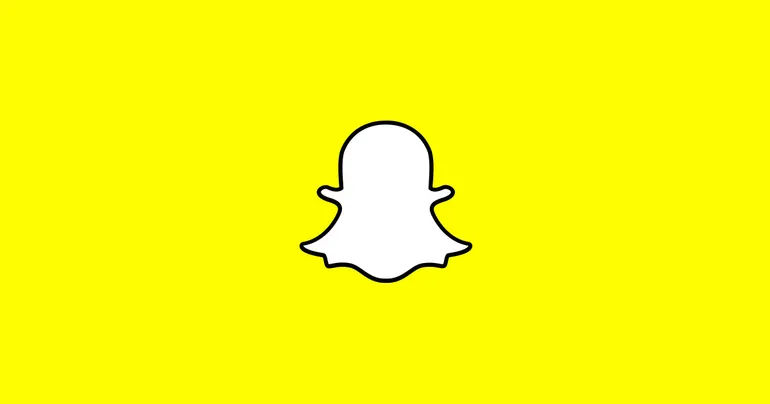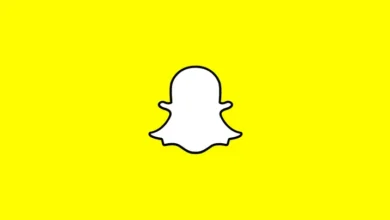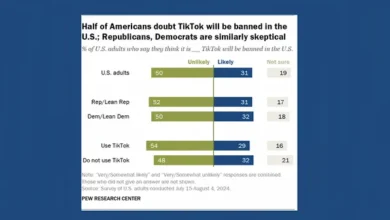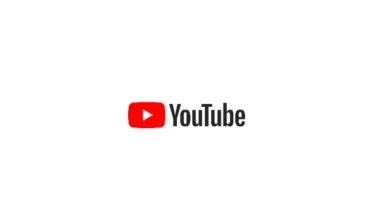
Snapchat has announced a new, third-party brand safety and suitability measurement solution, in partnership with Integral Ad Science (IAS), which will give Snap advertisers more peace of mind as to where their ads are being displayed within the app.
Snapchat initially announced its coming partnership with IAS back in March, which will enable brands to ensure safe ad placement, in alignment with the G.A.R.M. Safety Floor parameters.
The G.A.R.M. Safety Floor Framework includes a range of agreed elements which are not acceptable to display advertising against.

And now, Snap advertisers will be able to ensure that their promotions are not being shown next to this content, adding more assurance and peace of mind.
As per Snap:
“This partnership is our first-to-market approach to providing Snap advertisers with third-party verification of Snap’s brand safety foundation. We’re encouraged by the early results from our testing; In fact, IAS found that 99% of our Spotlight and Creator content was brand safe across all beta advertisers relative to the G.A.R.M. floor.”
99%, you say? That seems high.
Well, that’s because third party ad verification partners, like IAS and DoubleVerify don’t actually have a lot of capacity to scan for ads in this assessment, and are largely reliant on examples provided to them.
As reported by Business Insider:
“Unlike on the open web, verifiers don’t have a direct line of access to crawl the so-called walled gardens such as Meta, YouTube, and X. That leaves open the possibility that tech platforms can cherry-pick the data for the likes of DoubleVerify and Integral Ad Science to rubber stamp, experts have said.”
So, essentially, that 99% stat may not mean a heck of a lot, but IAS does offer confirmation of placement for specific campaigns, which is likely more indicative of actual performance.
Honestly, I’m not entirely sure why they keep using that 99% stat, because every platform reports the same, with X, Reddit, and pretty much every other app also achieving that mark.
But they must feel like it adds something.
Either way, you now have another ad placement verification option to consider.
Source link




